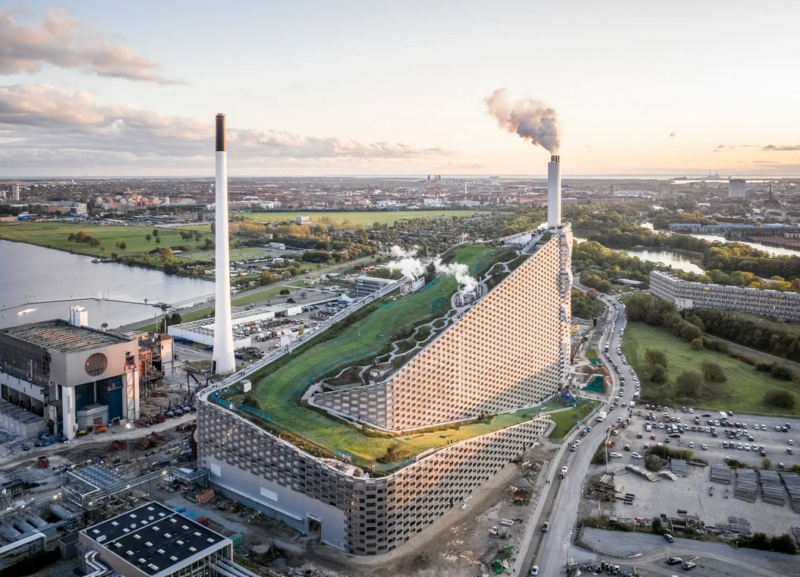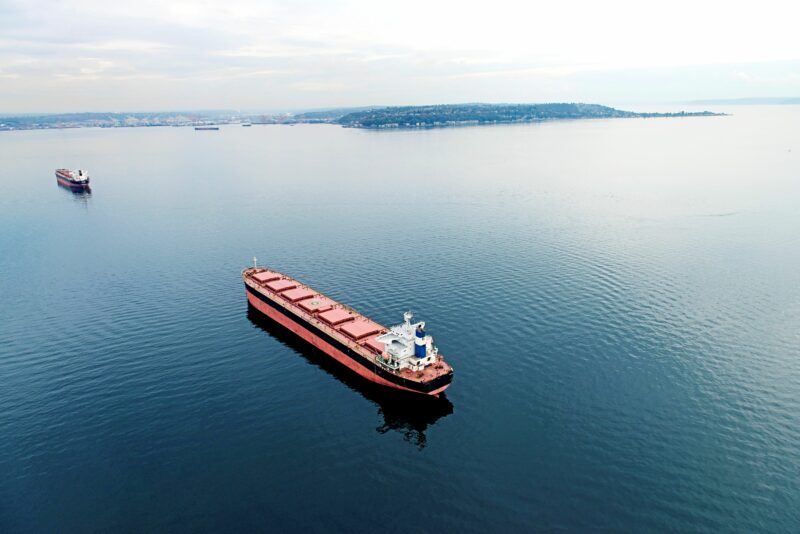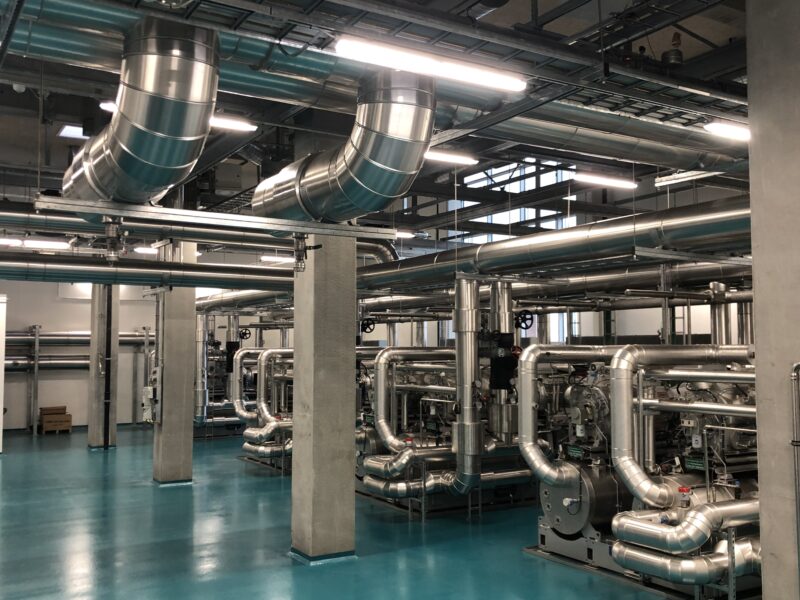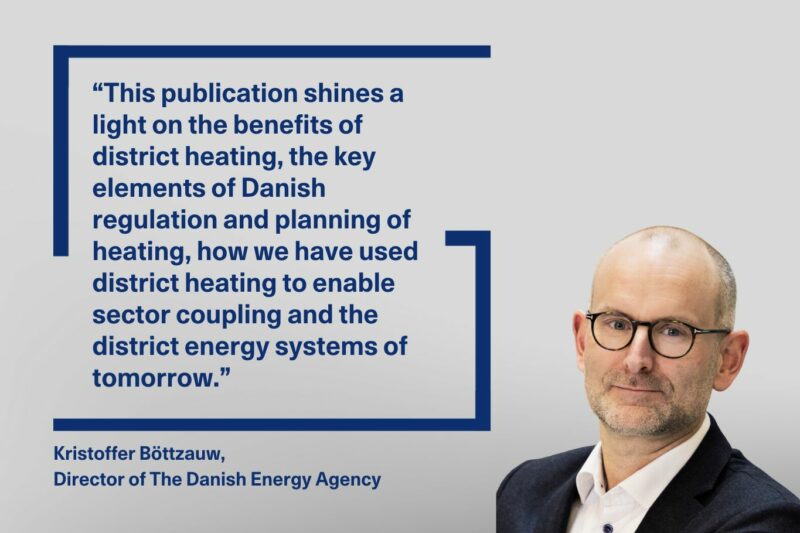News
Combined heat and power production
District heating
Energy efficiency in industry
+5
Aalborg CSP reduces the price gap between solar heat and fossil fuels

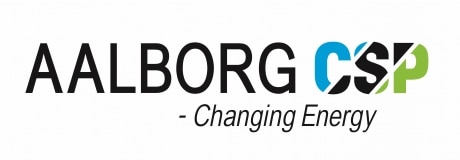
With more renewable energy projects deployed around the world, solar and wind are battling out fossil fuels on the global power market. Winning the price competition over oil, gas and coal is the result of those massive technology optimization practices that relentlessly push levelized cost of energy (LCOE) downwards. This trend naturally translates into global industrial markets that turn towards CO2-neutral solutions for heat, electricity, cooling, process steam or fresh water supply. As part of this global movement, Aalborg CSP A/S is continuously pushing the limits to create cost-competitive solutions that can ultimately displace conventional fuels. Most recently, the Danish company has achieved significant technology optimization results on its concentrated solar power technology, delivering the 4th generation of its type.
“The price of energy depends on a variety of factors, such as the capital cost of the energy technology, performance in local conditions and operational expenditures throughout the lifetime of the system. In order to tackle global energy prices, we have taken all these aspects into consideration and designed a standardized solution that has an exceptionally light structure, increased thermal performance and can easily be deployed anywhere in the world”– says Jes Donneborg, Executive Vice President of Aalborg CSP A/S.
From food & beverage facilities in Australia to oil recoveries in the Middle East
In contrast to the former editions, that were individually customized to fit project requirements in Denmark, the AAL-TroughTM 4.0 is designed for standardization and the cost-saving benefits it provides. The LEGO-like components allow worldwide availability through efficient mass-production closest to the customer’s location with up to 60% components purchased, manufactured and quality inspected locally. The amount of steel components have also been minimized, contributing to significant weight reduction results and thereby achieving a lightweight structure which, despite its metaphoric name, can also withstand harsh weather conditions. Staying loyal to its Nordic heritage, the AAL-TroughTM 4.0 design can sustain wind speeds reaching up to 15 m/s when in operation and 40 m/s in standby position.
“No matter if it is a dairy plant in the arid Australia or an oil recovery in the humid and windy Middle-East, the AAL-TroughTM 4.0 delivers year-round renewable energy and does it at a cost-competitive level” – adds Mr Donneborg.
Standardized components also mean easier processes in terms of delivery and installation. The elements can fit space-efficiently in 40 ft. containers and assembled fast with a locally trained workforce.
Concentrated solar power for industries
The CSP parabolic trough technology applies sun-tracking curved mirrors (called parabolic troughs) to maximize the sun’s energy and consequently the efficiency of heat production. The sunrays are captured and reflected onto a receiver pipe which contains a heat transfer fluid (water or thermal oil). Here, the concentration and a significant better utilization of the sun’s energy is obtained.
This simple but superior method have been is used all over the world for power production, but has also gained immense popularity within industrial circles due to the technology’s ability to provide thermal energy that can not only be converted for various applications, but also integrated with different storage systems to allow on-demand energy production.
Over the past decade, Aalborg CSP’s corporate focus has been on optimizing the technology by learning from solar district heating projects in its home market and other CSP projects around the world. This experience is now embodied in the newly launched AAL-TroughTM 4.0 design which has been perfected to successfully join the price battle with conventional fuels.
You should consider reading
solutions
Combined heat and power production
+6
CopenHill: The story of the iconic waste-to-energy plant
20 November 2024solutions
Energy efficiency in buildings
+2
